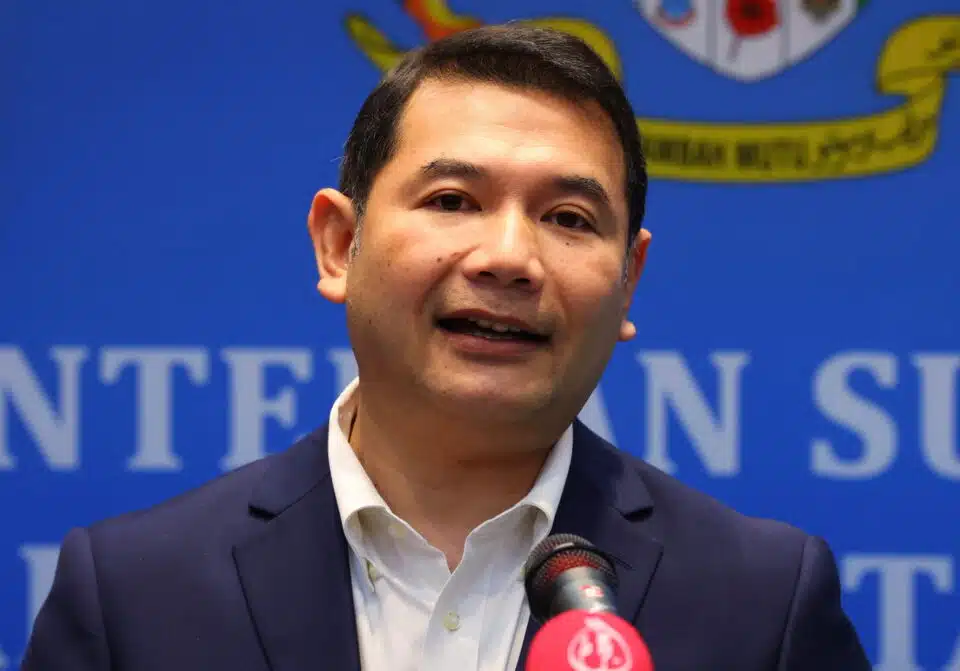KUALA LUMPUR, May 30 — Malaysia is set to roll out its Energy Transition Roadmap in phases starting next month, putting the country’s net zero ambition into action by identifying key impact initiatives and implementation plans for the next two decades.
Economy Minister Rafizi Ramli said the roadmap outlines the government’s move to achieve its renewable energy (RE) capacity target of 70 per cent by 2050.
“We will launch the first phase by end-June, which includes strategic projects and initiatives such as hydrogen and solar farms and the RE special zone.
“Phase two will be in August this year (involving) the enablers – by that I mean the legislative reforms, incentive fundings that are available that we will put through to accelerate the transition,” he told reporters at the Affin Conference Series 2023 here today.
He said the government has to drive change by working closely with the industry as the country’s energy transition plan is a major undertaking.
“I think for the first phase in June and in August for the second phase, there will be a lot more clarity because I also talk about the challenges that we have to overcome (such as) cynicism.
“I do understand that. If I were on the outside, I will be cynical as well because I have heard it before, people want to see action, and by action, (that means) real things being built,” he added.
Earlier, in his keynote speech, Rafizi said a roadmap is an important step in putting money in strategic growth areas, not merely paying environmental sustainability lip service and no longer seeing economic growth and carbon emissions as incompatible goals.
“While some may still debate the financial returns of certain renewable projects, we are willing to put in money there and open up the field to as many interested investors as possible to come along.
“We estimate that this ambition would require an investment of RM637 billion (or US$150 billion), an amount that would substantially reshape the landscape and conversation about renewables in the region,” he said.
Meanwhile, on whether the government has any plans to peg the ringgit, Rafizi was non-committal and said “not yet.”
“Our next National Economic Action Council (MTEN) meeting will be in two weeks’ time, but I think it will be a general discussion on the economy. We will also discuss all the other structural reforms, but so far there has not been any discussion on anything drastic (with regard to) riding through this market volatility,” he added.
Rafizi said he will wait for Bank Negara Malaysia (BNM) to decide on (actions regarding) the ringgit as the central bank has a long-term view on it, while politicians have a short-term focus.
“We will wait for BNM… we will have our views and exchange views, but we hope that our monetary policy will not have hazards in the short term and for that, I think the central bank is still the best avenue for us to discuss monetary policy,” he said.
— Bernama





